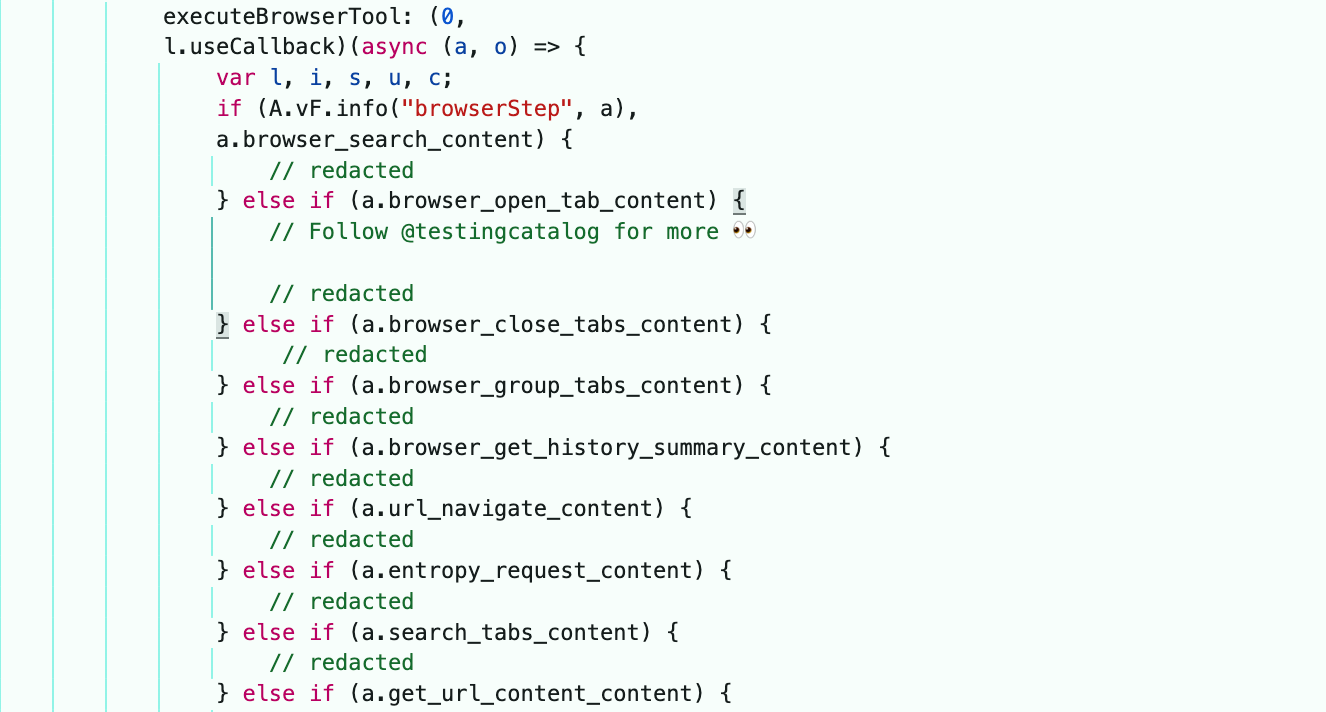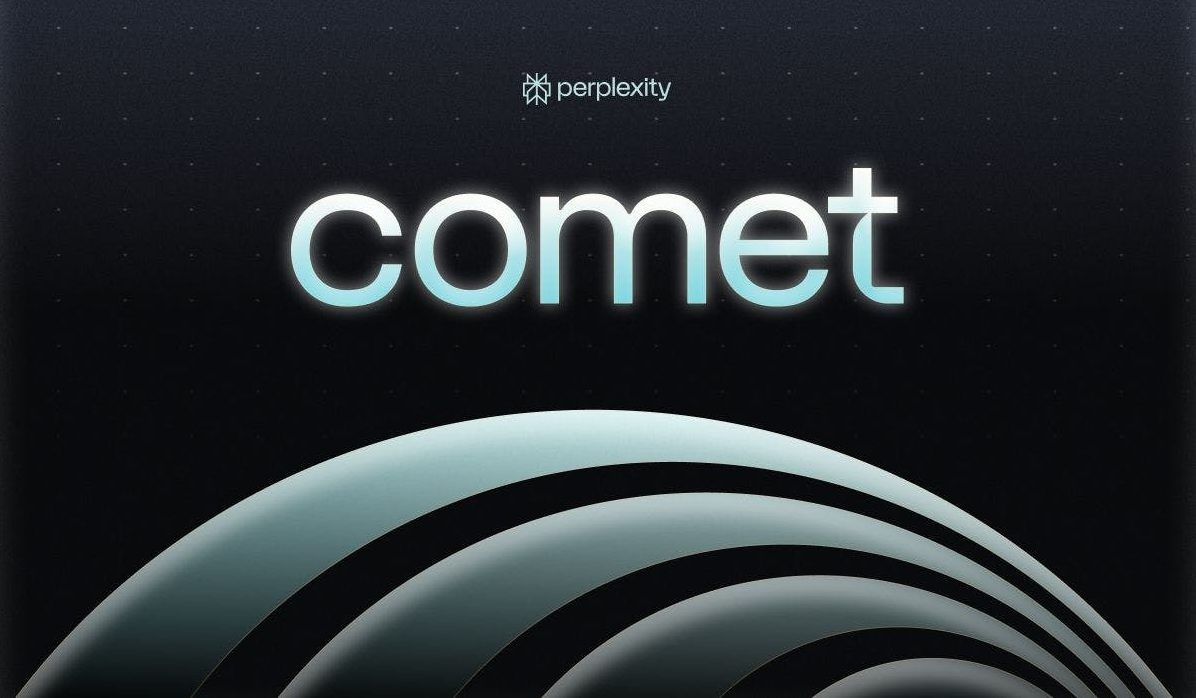Perplexity is expanding its ambitions around Comet, its AI-powered browser, by enabling direct control over tabs and browsing history through natural language commands. New capabilities spotted in the latest build suggest that users will soon be able to instruct the browser to perform actions like opening multiple URLs in separate tabs, grouping or closing selected tabs, and retrieving previously visited pages through history-aware search. These features are exposed via a series of functions in the codebase, including browser_open_tab_content, browser_close_tabs_content, browser_group_tabs_content, and browser_get_history_summary_content, pointing to a broader system for AI-driven browser operations.

This development aligns with Perplexity's trajectory toward building a fully integrated browsing assistant. While the AI doesn’t yet function as a full Operator—meaning it can’t orchestrate autonomous task chains - it clearly moves in that direction. Power users juggling extensive tab sessions stand to benefit most from these tools, as the AI promises better navigation, memory, and cleanup without manual overhead. By enabling search through tab history or summarising what’s open, the assistant could resolve one of the most persistent browser pain points: disorientation in cluttered tab sessions.
Perplexity's push into browser-native functionality comes as it increasingly positions itself as a hybrid between a search engine and an AI workspace. Comet’s integration with their existing assistant framework shows a willingness to embed AI across user workflows, not just through query response but by giving it actionable access to the browsing environment. While still under development, this marks a pivotal moment where browsing starts to look more like conversation.






